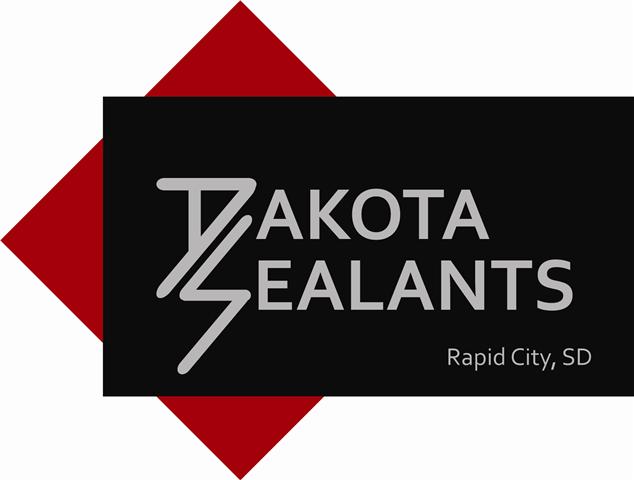

MASONRY INFO
Enter your text here...

Masonry buildings are extremely durable, but they need to be properly maintained. All exposed masonry should be inspected for cracking, spalling, bowing (bulges vertically), sweeping (bulges horizontally), leaning, and mortar deterioration.
As with any building product continuously exposed to the elements, masonry is subject to weathering. Acids in the rain, seismic movement, building settlement, freezing and thawing cycles, impact damage, and dirt take their toll. When visual inspection reveals that the mortar joints are cracking or otherwise deteriorated, restoration is necessary to help maintain the integrity of wall systems and products.
Cracked and broken masonry does not just look bad, but it can affect the integrity of the masonry structure. Depending on the level of deterioration, the crumbling brick or block may allow moisture or leaks into the structure itself.Additionally, once deterioration of this nature begins, it often spreads very rapidly. If ignored, it can lead to the need for removing and replacing whole sections of masonry, which is often more expensive.
Patching will work best for your project when the deteriorated brick or block has just barely begun, and the section or sections of masonry needing removed and replaced for true restoration and lasting durability.
If patching is not done in the early stages of deterioration, the masonry can crumble away completely and large voids may occur, causing leaks and other problems with the structure. If there is wide spread deterioration to the brick, block, or terra cotta, you will need to pursue further restoration,Sections of the masonry may need to be removed and replaced entirely, rather than just patching.
Although masonry can deform elastically over long periods of time to accommodate small amounts of movement, large movements normally cause cracking. Cracks may appear along the mortar joints or through the masonry units.
Masonry products and materials are by far the most durable available for construction, especially when installed by quality contractors who employ trained, skilled craftworkers. Mortar joints are serviceable for 35 years or more when properly installed. The masonry units themselves, typically brick or concrete block, may have a serviceable life of 100 years or more.
Dakota Sealants, Inc.
4903 Nonanna Street
Rapid City, SD 57702
(605) 381-5766
Fax: (605) 791-1650

